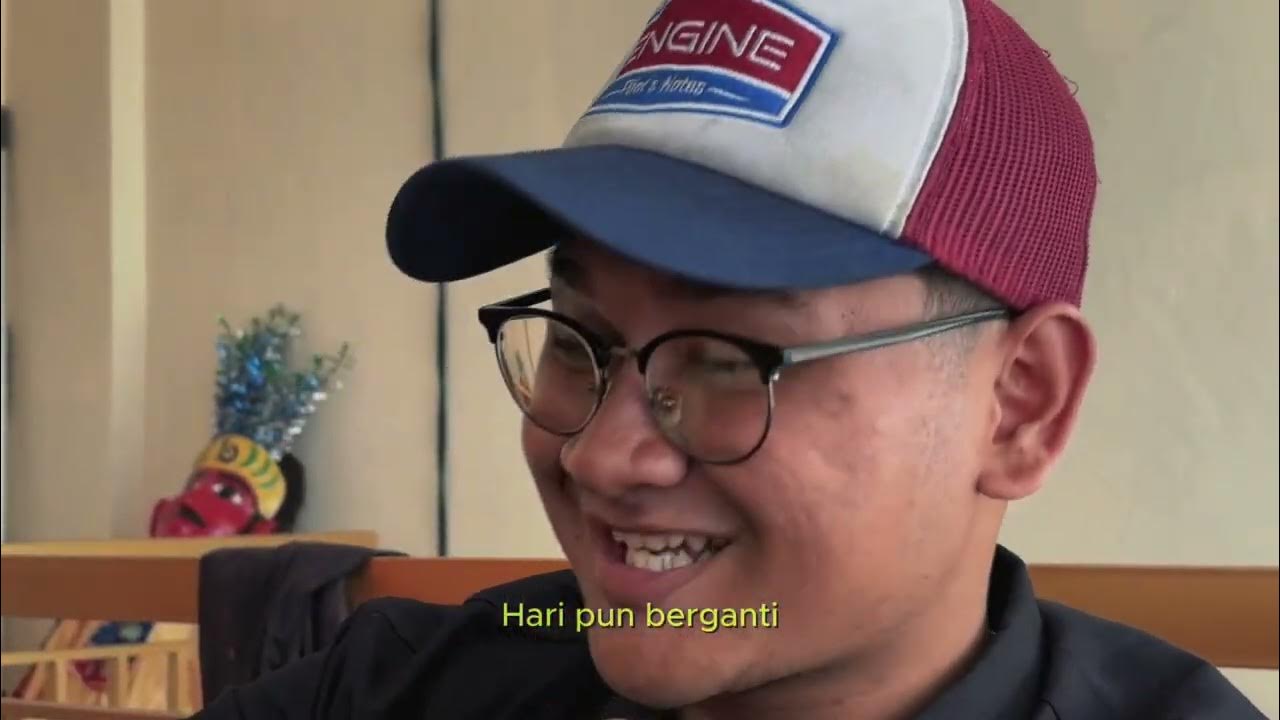Lecture 1: ROLE OF POLICE IN JUVENILE JUSTICE
Summary
TLDRThe transcript explores the critical issues surrounding juvenile offenders, detailing the responsibilities of police in managing juvenile delinquency within the framework of the Juvenile Justice Act (2015). It emphasizes the significance of specialized training for child welfare officers, the need for prompt social investigation reports, and the importance of inter-agency collaboration. The focus is on rehabilitation rather than punishment, underscoring the role of police in protecting and guiding minors in conflict with the law while ensuring their well-being and societal reintegration.
Takeaways
- 😀 The role of police is crucial in preserving peace, protecting life and property, and controlling crime within society.
- 😀 Police training programs include specialized training for dealing with juvenile delinquency and understanding the needs of children in conflict with the law.
- 😀 Various definitions of juvenile delinquency exist, reflecting different perspectives on the rebellious behavior of children towards societal norms.
- 😀 The Juvenile Justice Act of 2015 established special provisions for the care and protection of children, designating Child Welfare Police Officers.
- 😀 Special Zonal Police Units were created to effectively handle cases of juvenile delinquency at the district level.
- 😀 The importance of collaboration between police authorities and social welfare organizations is emphasized to address juvenile delinquency effectively.
- 😀 Child Welfare Police Officers are trained to prepare social investigation reports to assist the Juvenile Justice Board in making informed decisions.
- 😀 Sensitivity training is essential for police officers who interact with children, given the unique challenges and vulnerabilities of this demographic.
- 😀 The Juvenile Justice Board plays a pivotal role in overseeing cases involving children in conflict with the law and ensuring their rights are protected.
- 😀 Continuous education and orientation for law enforcement on juvenile issues are necessary to adapt to evolving societal challenges related to youth behavior.
Q & A
What is the main focus of the online lecture series mentioned in the transcript?
-The main focus is on the role of police in dealing with juvenile offenders and the legal provisions for child welfare.
How does the police contribute to society regarding juvenile delinquency?
-The police play a vital role in preserving peace, protecting life and property, preventing crime, and specifically addressing juvenile delinquency.
What is juvenile delinquency defined as in the transcript?
-Juvenile delinquency is defined as various forms of anti-social behavior exhibited by children, which can range from minor offenses like pickpocketing to more serious criminal acts.
Which legal provisions are discussed in relation to the protection of children?
-The transcript discusses the Juvenile Justice (Care and Protection of Children) Act of 2015 and the establishment of special units to handle juvenile delinquency.
What is the significance of the Child Welfare Police Officer as mentioned in the script?
-The Child Welfare Police Officer is designated to handle cases involving children in conflict with the law, ensuring their protection and proper treatment according to the law.
What training is emphasized for police officers dealing with juvenile cases?
-Police officers are required to undergo specialized training to effectively manage cases related to juvenile delinquency and child welfare.
What role does the Juvenile Justice Board play according to the transcript?
-The Juvenile Justice Board is responsible for adjudicating cases involving juvenile offenders and ensuring that proper legal procedures are followed.
Why is it important for police to interact sensitively with children in conflict with the law?
-Sensitive interaction is crucial to avoid further victimization of children and to foster a supportive environment that can aid in their rehabilitation.
What are the provisions for establishing a special police unit in districts?
-The transcript highlights that every police station is required to have a designated Child Welfare Police Officer, along with special units to coordinate functions related to juvenile offenders.
How does the transcript define the responsibilities of Child Welfare Police Officers?
-Child Welfare Police Officers are tasked with preparing social investigation reports, coordinating with other authorities, and ensuring the welfare of children in conflict with the law.
Outlines

This section is available to paid users only. Please upgrade to access this part.
Upgrade NowMindmap

This section is available to paid users only. Please upgrade to access this part.
Upgrade NowKeywords

This section is available to paid users only. Please upgrade to access this part.
Upgrade NowHighlights

This section is available to paid users only. Please upgrade to access this part.
Upgrade NowTranscripts

This section is available to paid users only. Please upgrade to access this part.
Upgrade NowBrowse More Related Video
5.0 / 5 (0 votes)





